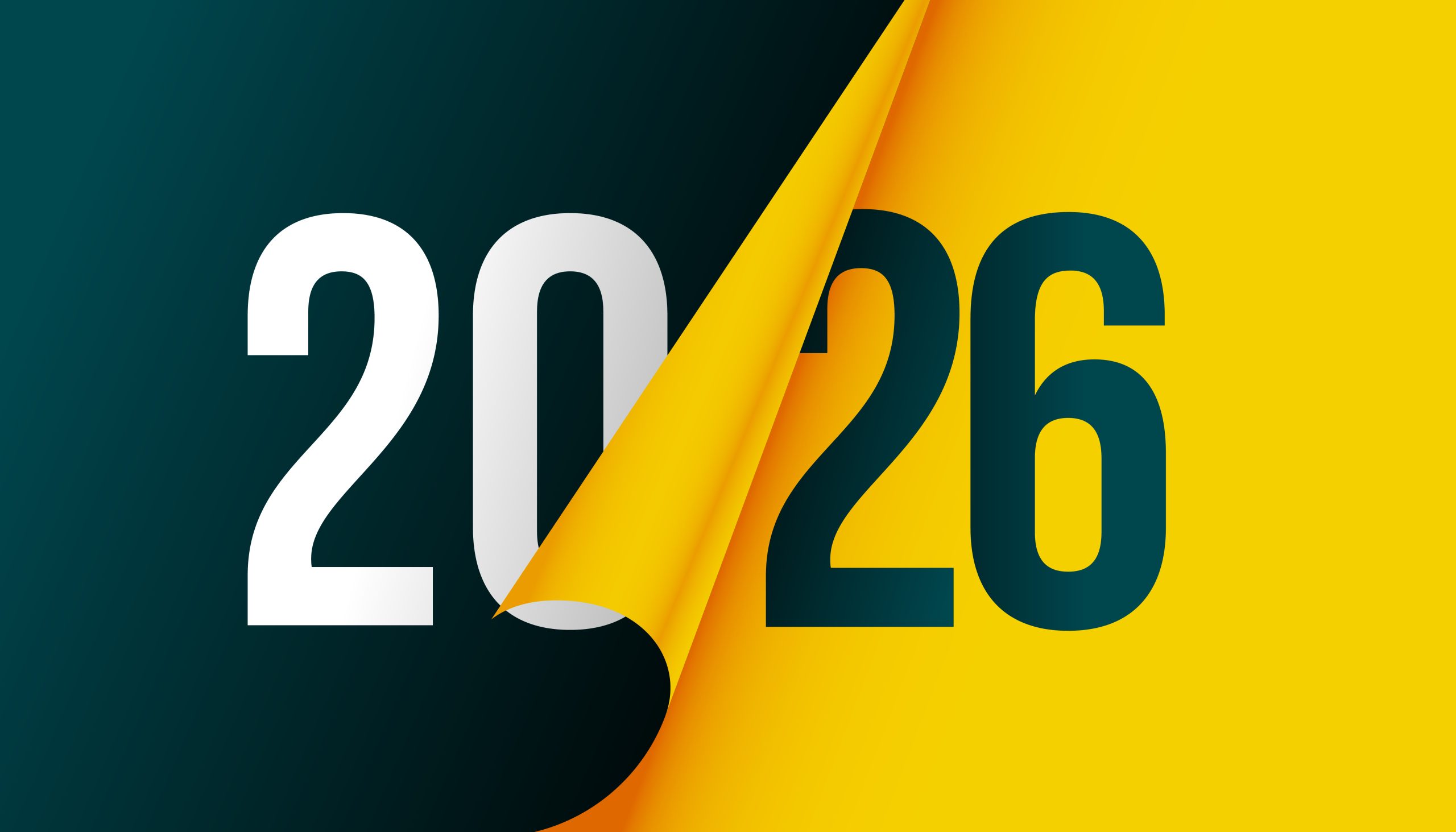Embarking on a research project is much like constructing a house. The stability and integrity of the entire structure depend on a strong foundation. In research, this foundation is your theoretical framework, a critical element that shapes and supports your study. A theoretical framework offers a lens through which to interpret your research question, weaving together interrelated concepts, definitions, and propositions to illuminate and explain the phenomenon under investigation. It serves as a carefully crafted roadmap, guiding each step of your scholarly journey and ensuring your work is both grounded and purposeful.
Why is a Theoretical Framework Crucial?
A theoretical framework provides essential structure to a research study, ensuring coherence and guiding the alignment of concepts, methodology, and analysis. It gives your research a clear direction and prevents you from wandering off course. A theoretical framework guides the data collection and analysis processes, ensuring that they align with the study’s objectives and theoretical underpinnings. It helps you determine what data to collect and how to interpret it.
A robust theoretical framework increases the credibility of a research study by demonstrating a clear connection between the research objectives and established scholarly concepts. A well-chosen framework adds rigour and credibility to your research findings. A well-defined theoretical framework facilitates understanding by providing a clear context for interpreting findings and linking them to existing knowledge. It helps you explain your findings in a meaningful and insightful way.
Finding the Perfect Fit: A Step-by-Step Guide
Step 1: Start with Your Research Question
➡ What are you trying to investigate?
➡ What are the key concepts involved?
Step 2: Conduct a Thorough Literature Review
➡ Explore existing research on your topic.
➡ Identify key theories and concepts relevant to your research question.
➡ Examine how other researchers have used these theories in their studies.
Step 3: Consider Different Theoretical Perspectives
- Positivism: Emphasises objectivity and quantitative data.
- Interpretivism: Focuses on subjective meanings and qualitative data.
- Critical Theory: Examines power structures and social inequalities.
- Constructivism: Emphasises the social construction of reality.
Step 4: Evaluate and Select
➡ Which theory best aligns with your research question and objectives?
➡ Does it provide a suitable framework for understanding the phenomenon you are studying?
➡ Is it feasible to apply this theory to your research?
Step 5: Clearly Define Key Concepts
➡ How do you define the key concepts within the chosen framework?
➡ Are there any specific terms or jargon that need to be clarified?
Step 6: Develop Propositions
➡ Formulate testable hypotheses or research questions based on your theoretical framework.
Composed by author: Flow chart
Don’t be afraid to consult with your supervisor or other researchers. They can offer valuable guidance and feedback. Be flexible, as you may need to adjust your theoretical framework as your research progresses. Clearly articulate your chosen framework in your research proposal and throughout your research paper.
Selecting the right theoretical framework is a crucial step in any successful research project. By carefully considering your options and following these steps, you can build a strong foundation for your research and ensure that your findings are meaningful and impactful.
Disclaimer: This blog post provides general guidance. The specific steps and considerations may vary depending on the nature of your research and the field of study.









Leave a Reply